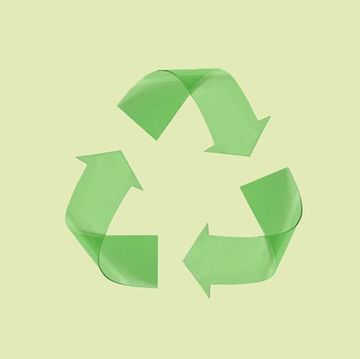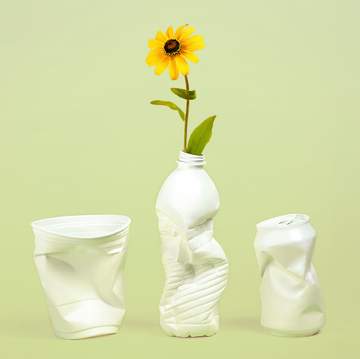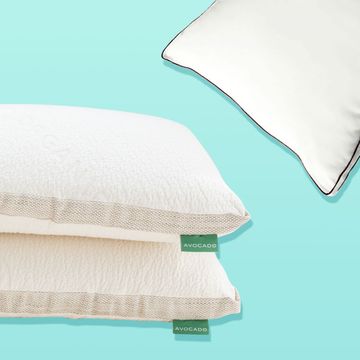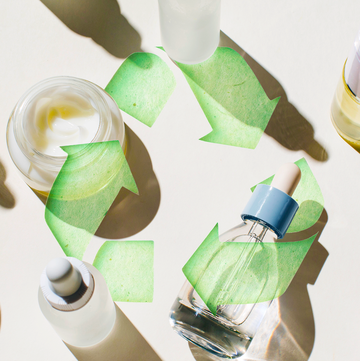While it's important to be eco-conscious year-round, we love when Earth Month rolls around and puts a focused lens on the environment. It's a win-win, really: Help the planet and put a few extra dollars in your pocket.
1. Change your routine with your appliances.
Washing clothes in cold water can save you up to $40 a year in water-heating costs (and yes, your clothes will still get clean). Save energy and water by scraping off dishes instead of pre-rinsing them before you load the dishwasher, and always run a full machine. And are you guilty of making your electric stove's small burners work extra hard heating large pots? Pair your burners and pots correctly, and you'll keep $36 more annually.
RELATED: Top 10 Energy-Saving Tips
2. Reconsider your heating needs.
Heating and cooling accounts for half of the energy used in your home. Start spending less by lowering your water heater's temperature. Many are set to 140 degrees but most homes don't need water hotter than 120 degrees, and you can save $12 to $30 per year with each 10-degree reduction. Also, consider whether its time to get rid of an old water heater, furnace and air conditioner. Replacing at least 10-year-old equipment with Energy Star products can save you $115 per year.
Finally, make sure your home is properly insulated, so heat doesn't escape easily. Light an incense stick and watch where the smoke blows to seek out drafts. Or try a thermal leak detector — the one- time cost could save you big bucks over time.
3. Beware phantom power.
Even when some electronics are turned off (like TVs, DVRs, and computers) they can still consume "phantom" energy if they're plugged into an outlet. This trickling of electricity can add up to $100 per year. Avoid it by unplugging your devices when you're not using them, or using a power strip so you can cut off the juice with a flip of a switch.
RELATED: 19 Ways to Save Money By Going Green
4. Swap out old light bulbs.
Replacing the bulbs in five of your most-used light fixtures with Energy Star-qualified lights can save you $70 each year in energy costs.
Rachel Rothman is the director of the consumer electronics lab of the Good Housekeeping Research Institute.
Rachel Rothman was the chief technologist and executive technical director of the Good Housekeeping Institute for over 15 years, overseeing testing methodology, implementation and reporting for all GH Labs. She also managed GH's research division and the analysis of applicants for the GH Seal and all other testing emblems.













